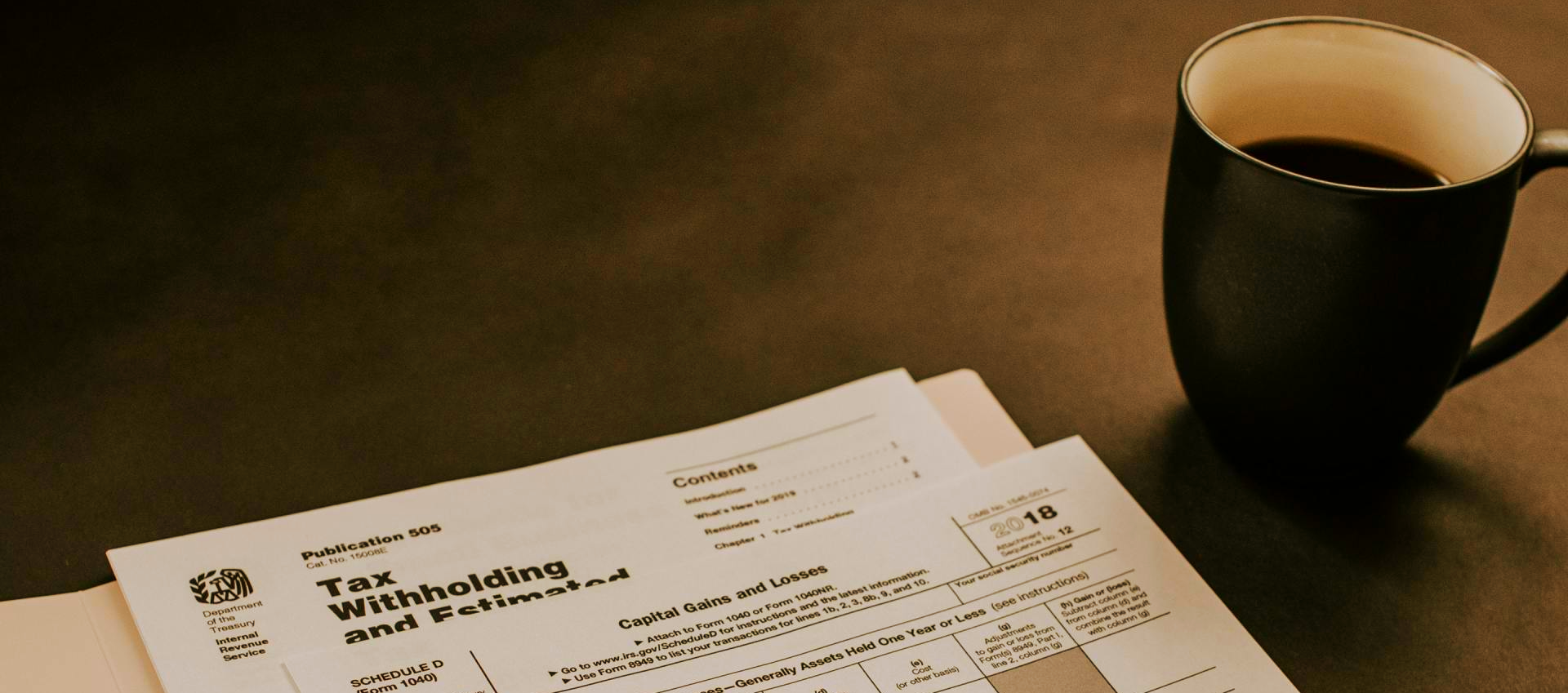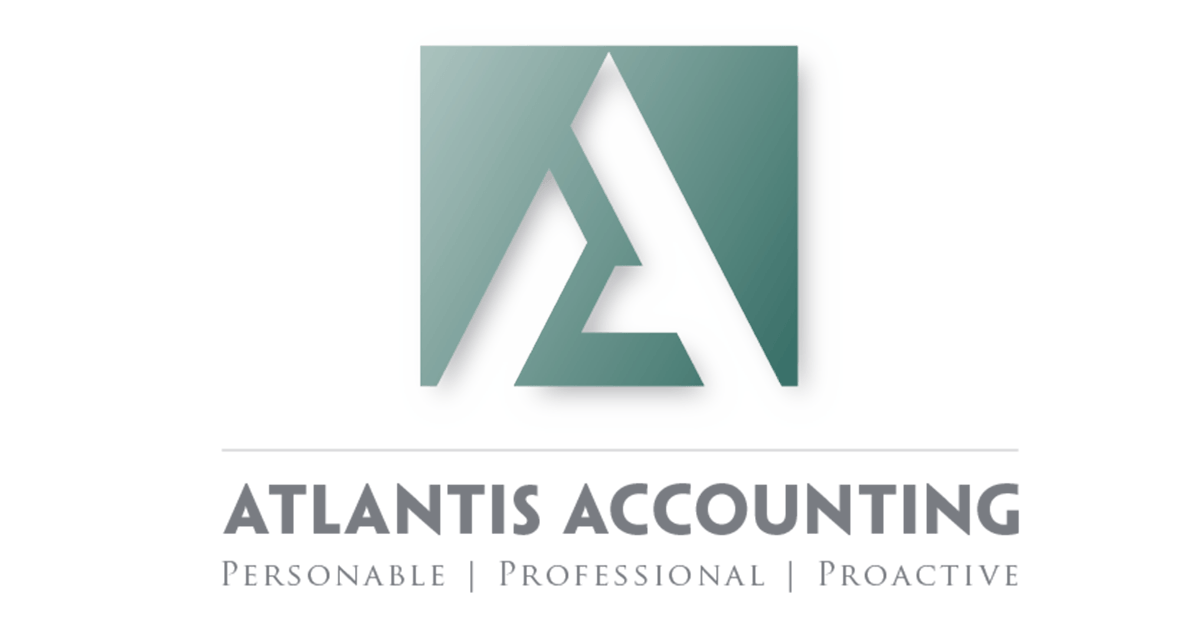






My parents grew up without their fathers and they learned to live with limited resources. Needless to say, they live their entire lives within their means “by habit”. However, they still do “give” because it is a nice thing to do? Because it is what the society expects of “good people”? Or just because it is out of the goodness of their hearts?
How about you? What is the reason most of people give? For tax deductions? For one’s legacy? Or just because they simply want to help.
What could one give? Money? Asset? Time? All deductible. Time too? Well, sort of. If you drive to a charity organization to do volunteer work, the mileage (if properly documented) is allowed for deduction although it is so minimal that it might not even make a dent or worth the time to document them.
Money is money. If you donate $10,000 to a qualified charity organization, then you can deduct that amount in the year you made the contribution. It doesn’t matter if you pay by cash, check or credit card. Yes, credit card too! You could charge on 12/31, and pay in January of the following year, and you could receive charitable deductions in that year you made the donation. I had just give you a taste of “tax planning”.
It gets “fancy” when it comes to donate your assets. The rule of thumb is that you get to deduct the Fair Market value of the asset on the day you donated. What then could be donated as assets? For example: stocks, mutual funds, houses and/or cars are the most common ones.
Let’s elaborate further. If you invested 1,000 share of stocks for a total of $20,000 on July 1st, 2000. On August 1st of 2019, when the total market value of this stocks reached $45,000. Instead you sold the stocks, realized the $25,000 long-term capital gain and paid taxes on the profit; you donated this stock and took $450,000 deductions on you return. Depending on your personal tax situation, your may or may not come out ahead with your bottom line. Consulting your CPA to get a more in-depth analysis (by compensating him/her with a fee that you mutually feel reasonable) is the approach which I would take.
What if the market value is $4,500,000? Then another commonly used estate planning technique called Charitable Remainder Trust (CRT) might be suitable. If you set up a trust and put highly appreciated assets in, have CRT sold the assets and pay you income over life time and when you decease, the remainder of the assets goes to charity or charities of your choosing. This way, you get income tax deductions right away, take the asset out of your estate which reduce your estate taxes burden, and you would continue to receive income distributed form CRT during your lifetime. Seems like a win win solution. However, there are many important details such as: who shall be named as your trustee to manage your trust? Are you concerned about “leaving your children” out of this piece of asset? So much to think about and decide. What I usually and always advise my clients are: considering these matters while you are younger and healthier to make the decision with a trusted and experienced estate planning attorney. “Make an appointment” with yourself to come to an “at peace” resolution; sit down with your family to make your wishes known. Then finalize your decisions with your attorney and pick out a trustee (a topic to bring up with your lawyer or me, yours truly). Note: it is a common practice that attorneys charge by hours; often, I (as a CPA) work with attorneys to prepare financial and/or tax related tax documents to facilitate and smooth the estate planning process with a fee (lower than that attorney’s obviously).
Another important thing to keep in mind is which organizations are considered as charity organization (please refer to link, https://www.irs.gov/charities-non-profits/tax-exempt-organization-search). It is better to ensure of their entity status before you open your check book if you intend to take advantage of the tax deductions on your returns.
When in doubt, I am here to help. Just an email or a phone call away.
_________________
Disclaimer:
To the best of my knowledge, I wrote this article in general terms as each person’s situation varies. Tax laws change from time to time. No guarantee is made or implied through this article. Personalized advice is recommended by consulting one’s own advisor or the author.





Thank you for contacting us.
This is an auto-resonder message to let you know that we have received you message. We will get back to you as soon as possible.
We have been providing expert accounting services to Central New Jersey for more than 20 years.
Princeton Forrestal Village
116 Village Blvd, Suite 200
Princeton, NJ 08540
609.212.4119
Mack Cali Center III (South Tower)
140 E Ridgewood Ave., Suite 415
Paramus, NJ 07652
201.694.6251